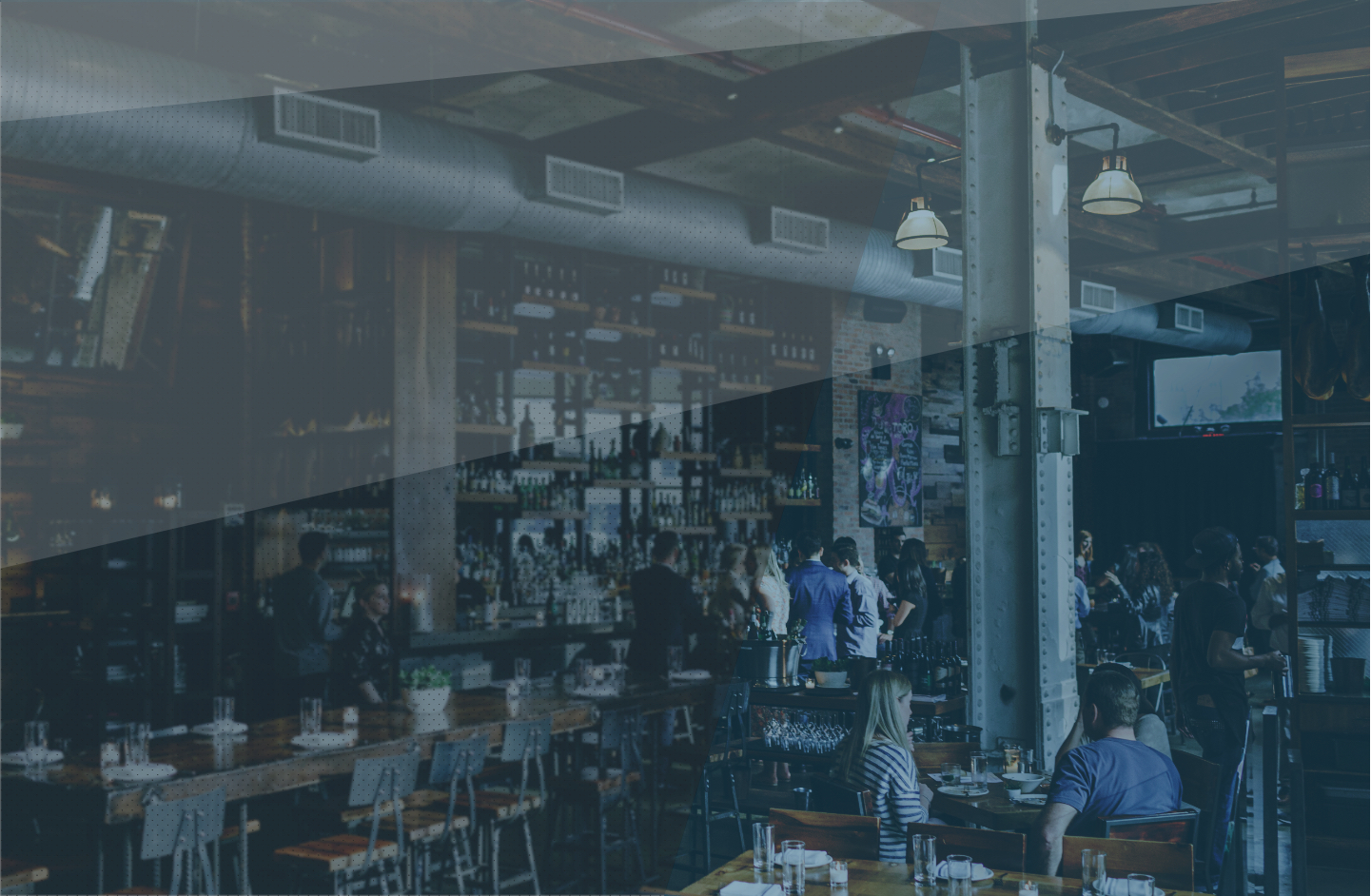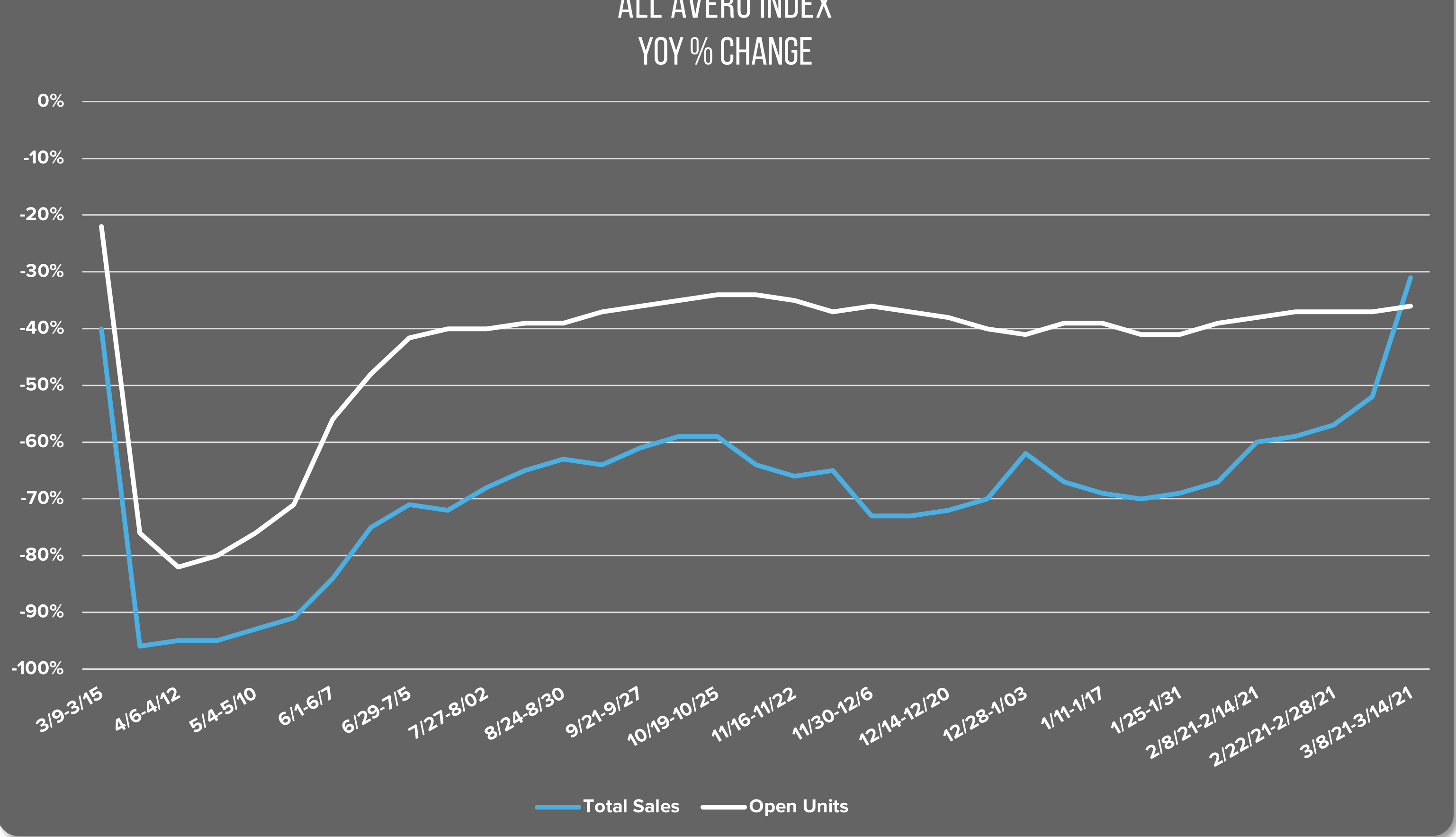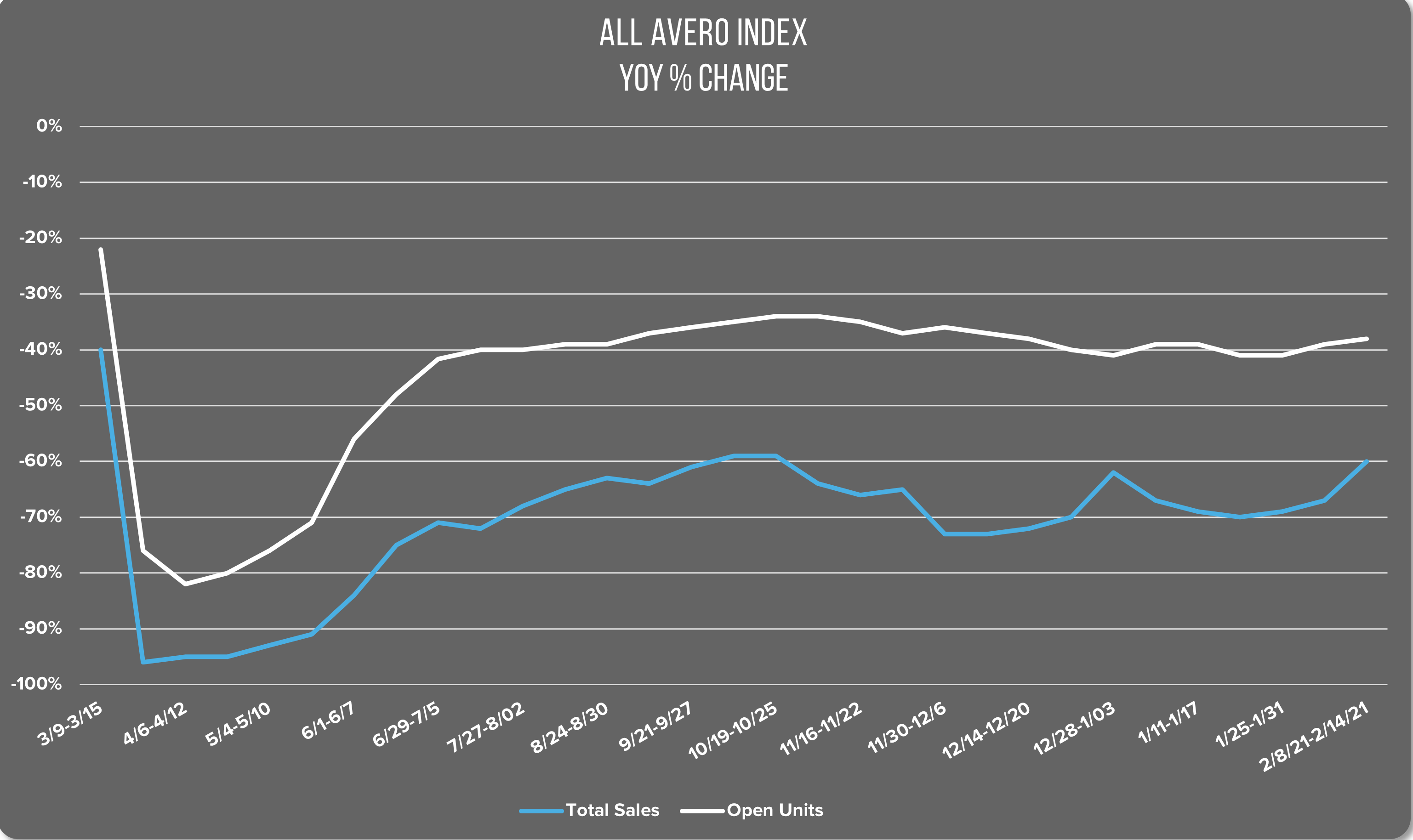
With the 2016 Democratic and Republican conventions coming to an end last month and the respective candidates accepting their parties’ nominations, Avero was interested in understanding how the conventions affected restaurant sales in each respective city.
With crowds of over 50,000 visitors attending the events, both Philadelphia and Cleveland expected large economic benefits from the influx of media, politicians, and spectators. According to Eater, Philadelphia expected an impact of $350 million, while Cleveland estimated $250 million.
But how were restaurant sales actually affected? With Avero’s ability to access over $480 million in restaurant checks across more than 8,000 unique restaurants, we were able to measure the precise impact these conventions had on the restaurant business. Our week-over-week, same-store sales analysis in the four weeks leading up to the conventions and in the few weeks since show that there was a definitive increase in restaurant sales during the weeks the conventions were held. Philadelphia saw a 20% increase in gross sales, and Cleveland saw a whopping 73% jump.

While both cities saw significantly higher restaurant sales during their convention weeks, the Republican Convention made a much bigger difference in Cleveland restaurants — the city saw a notably disproportionate increase in beverage sales compared to food sales.

Regardless of party affiliation, the 2016 conventions definitely drove business to restaurants during a season when restaurants typically struggle to meet sales goals. Perhaps come November, these candidates can have similar effects on national restaurant sales—we can only hope!





